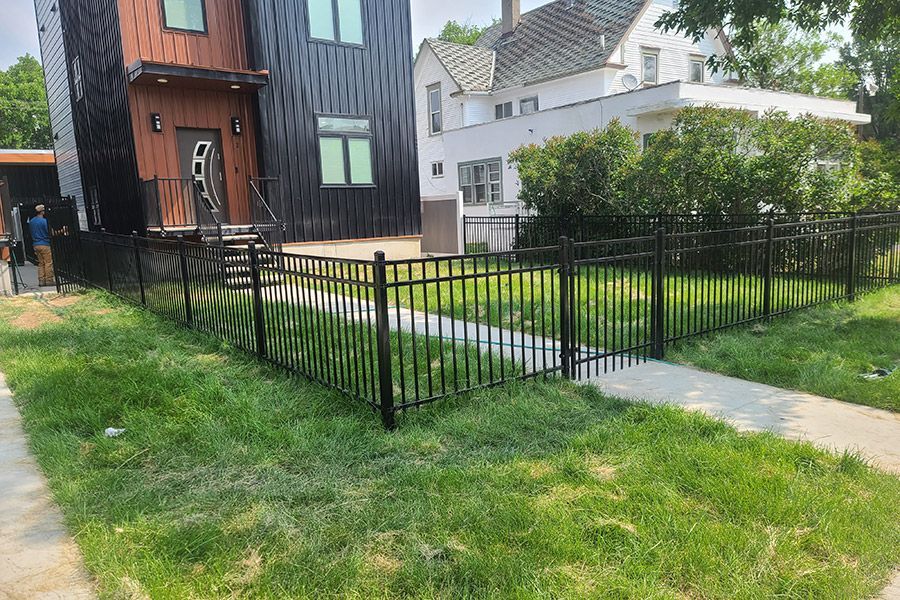Learn everything you need to know about electric fencing systems, including advantages, pricing, and selecting the right option for your farm.
Why Electric Fencing Are A Top Choice
These systems have grown in popularity a go-to option for farmers. Offering adaptability, strength, and exceptional effectiveness in deterring predators, electric fences are easy to install and maintain, making them properties of all sizes.
With the right system, you can save time, minimize labor, and enhance the security of your property.

Types of Electric Fencing Systems
Electric fencing systems are designed to suit various needs. The two primary options are:
- Portable Electric Fencing: Easy to move, perfect for rotational grazing. These fences are flexible, and can be dismantled when needed, offering maximum flexibility.
- Permanent Electric Fencing: Built for long-term use, permanent systems are made from high-quality materials like steel or high-tensile wire. These systems provide strong protection and require minimal maintenance once installed.
Your decision will depend on factors like the size of your property, the type of animals, and your grazing practices.
Advantages and Disadvantages of Electric Fencing
Like any fencing system, electric fences offer both advantages and disadvantages:
- Pros:
- Highly effective at keeping animals in place and deterring predators.
- More affordable compared to traditional fencing materials.
- Scalable and adaptable to suit a wide range of properties.
- Low-maintenance once properly installed.
- Cons:
- Requires a constant power source, such as battery units.
- Initial installation can be challenging for beginners.
- May need frequent inspection to ensure proper functionality.
Weighing these benefits and challenges will help you determine if electric fencing is the best option for your property.
Cost and Energy Efficiency Considerations
Electric fences are known for their low cost, but prices can vary based on the type of system and size:
- Portable Systems: Generally more affordable in cost, with easy installation requirements.
- Permanent Systems: Higher upfront costs but longer-lasting and worth the investment in the long run.
Energy efficiency is another important factor. Many systems use solar panels or rechargeable batteries, reducing reliance on traditional power sources. This is especially helpful for remote areas.
When budgeting, consider both upfront costs and long-term savings from reduced maintenance.
Installation Tips Electric Fencing
If you're just starting with electric fencing, here are some useful tips for a smooth installation:
- Plan Your Layout: Outline your fence line and identify the areas you need to enclose.
- Choose the Right Materials: Select wires, posts, and energizers that are best suited to your specific needs.
- Test the System: Use a voltage tester to ensure the fence is working properly and delivering proper current.
- Train Your Livestock: Introduce your animals with the fence by guiding them near it to understand its boundaries.
- Monitor Regularly: Inspect for vegetation or debris that could touch the wires, reducing the system’s effectiveness.
Proper installation and regular checks will ensure you get the most from your electric fence.
Choosing the Best Electric Fencing System for Your Property
Ultimately, the right electric fence for your farm depends on a few factors:
- The type of livestock you need to contain.
- The size and layout of your property.
- Your financial plan for installation and maintenance.
- The availability of power sources, such as electricity.
By considering these factors, you can choose a system that meets your needs and delivers lasting value.